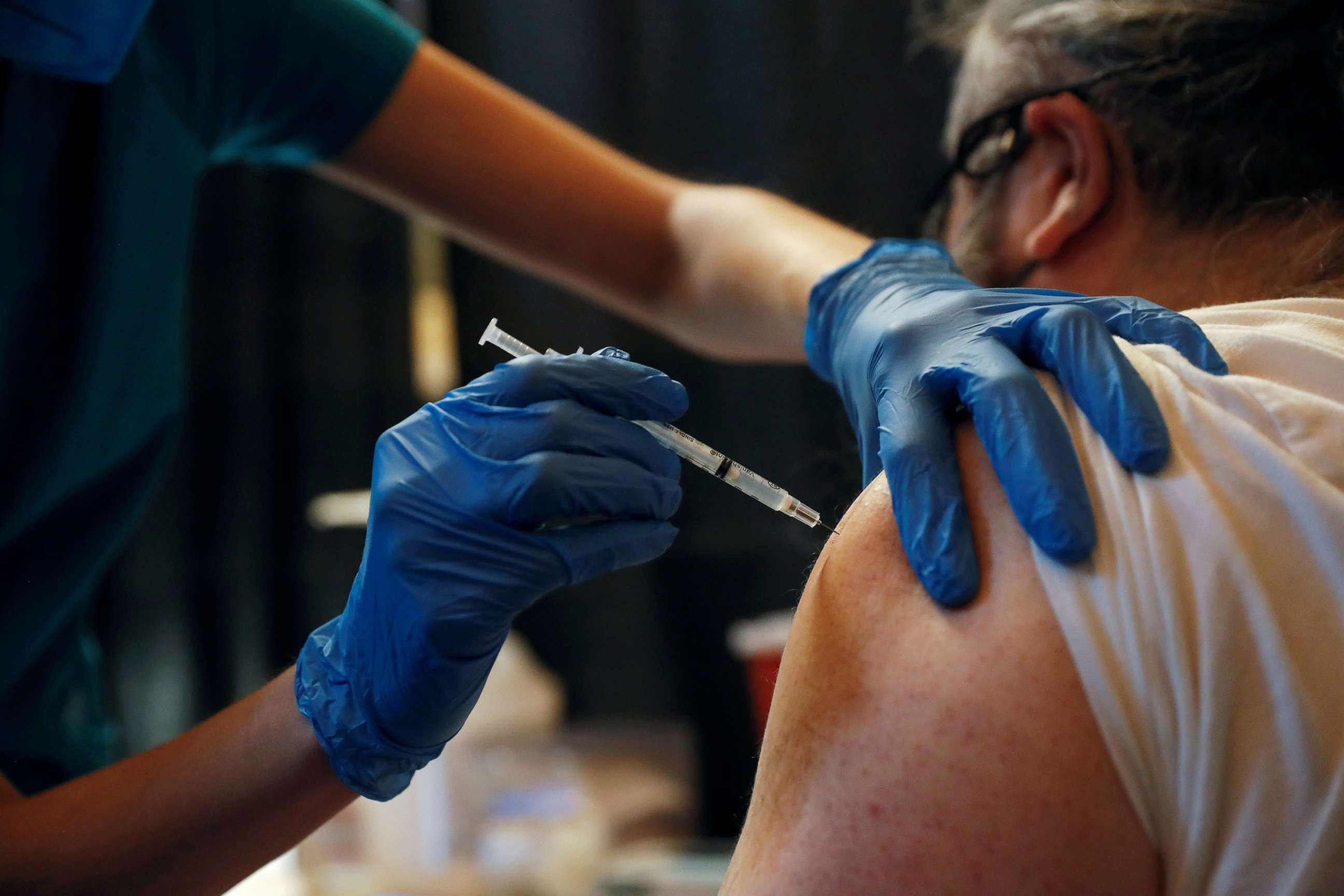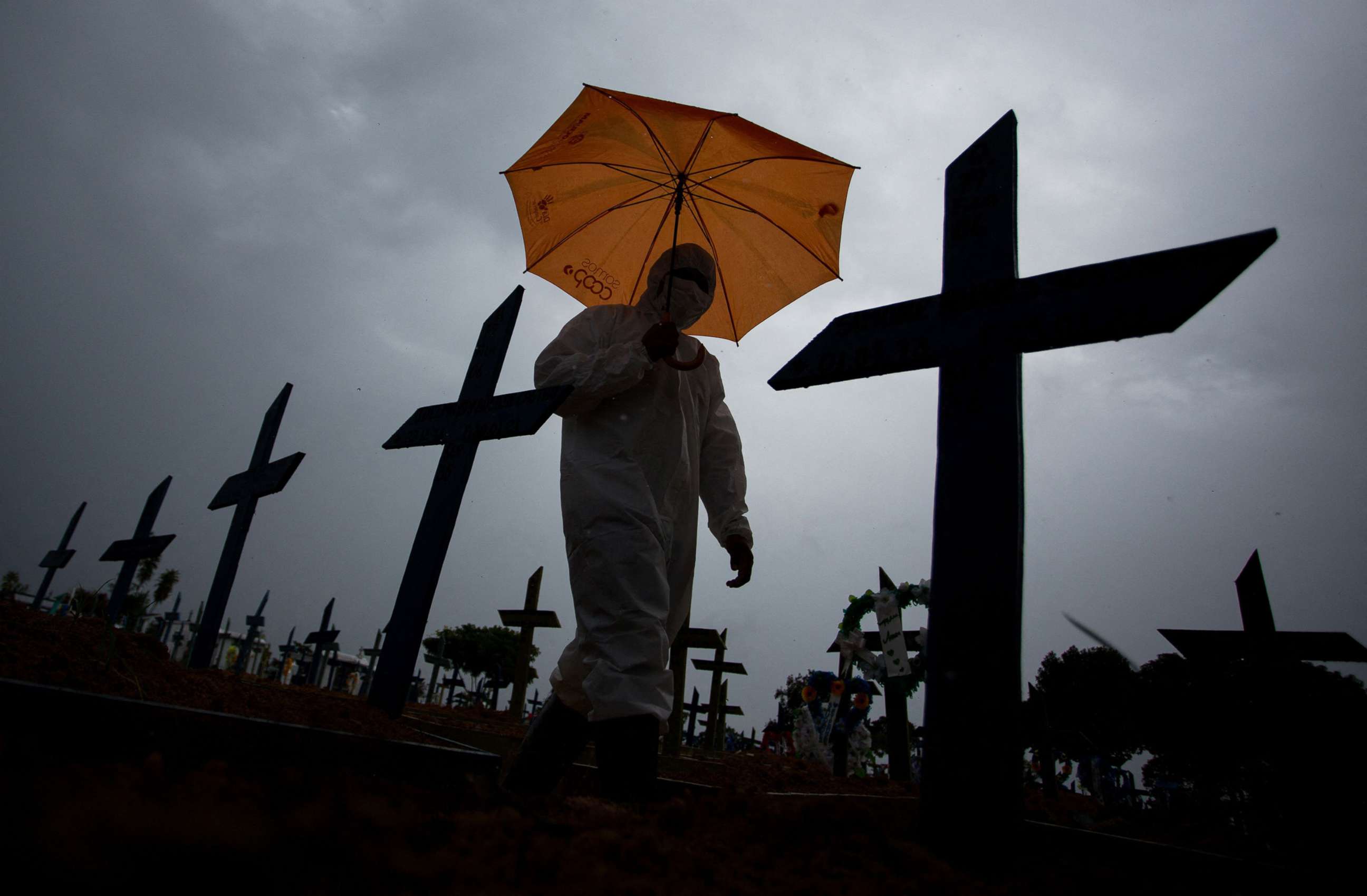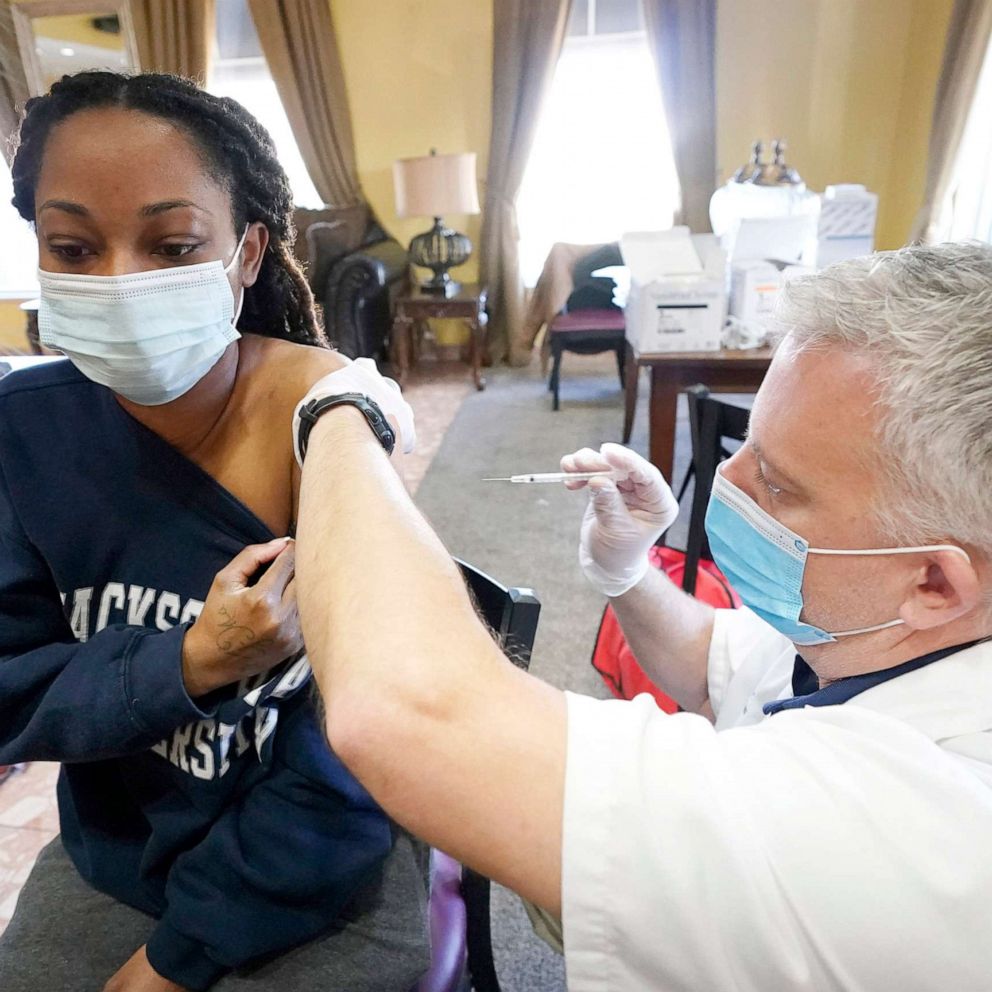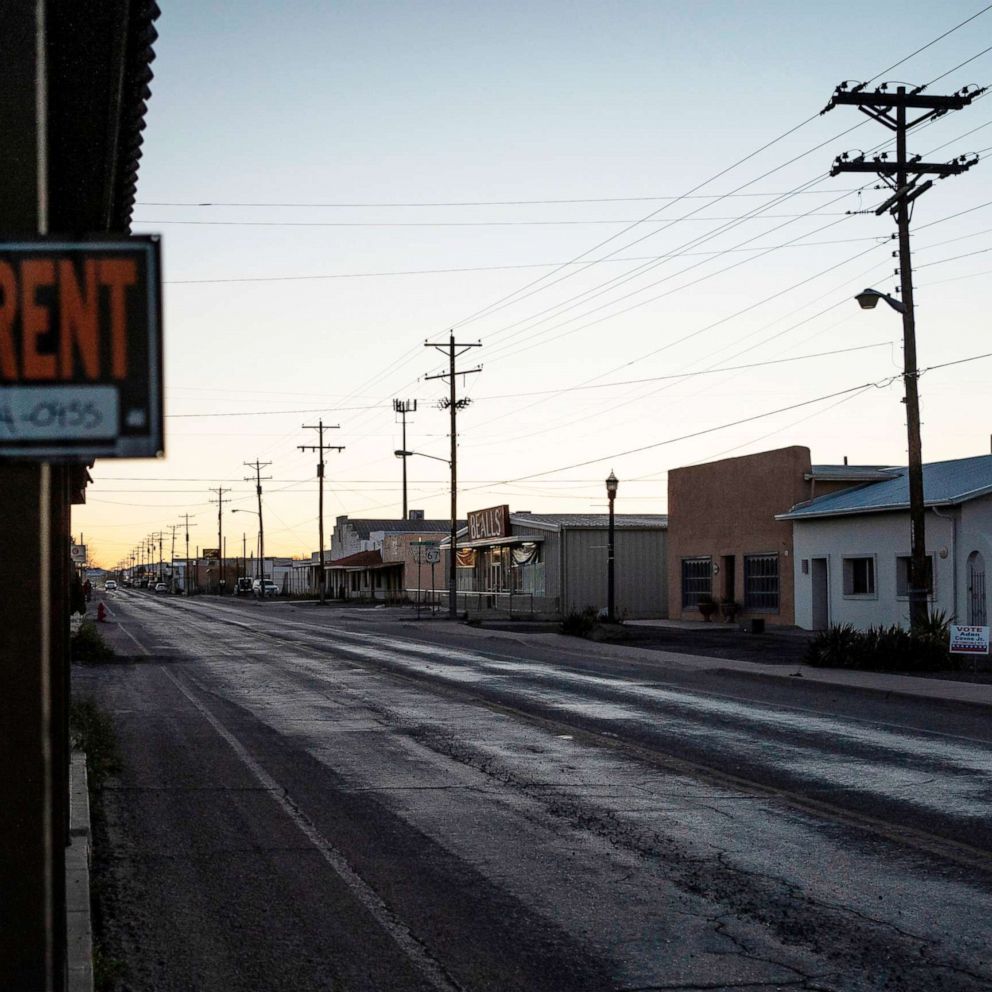What to know about the virus variant found in Brazil
New York is the among more than a dozen states reporting the new variant.
New York detected its first case of the coronavirus variant initially found in Brazil, known as P.1, joining the ranks of at least 18 states reporting cases of the new variant.
The case, a Brooklyn resident in their 90s with no travel history, was identified by scientists at Mount Sinai hospital in New York City, Gov. Andrew Cuomo said Saturday.
"The detection of the Brazilian variant here in New York further underscores the importance of taking all the appropriate steps to continue to protect your health," Cuomo said in a statement.
"While it's normal for a virus to mutate, the best way to protect yourself is to continue to wear a well-fitted mask, avoid large crowds, social distance, wash your hands and get vaccinated when it's your turn," he said.

The P.1 variant is considered to be a "variant of concern" because evidence suggests that it is highly transmissible and has the potential to reinfect people who have already been sick. The P.1 variant was first identified in January during an airport screening in Japan of travelers from Brazil, according to the Centers for Disease Control and Prevention.
After a severe outbreak last spring, antibody testing of blood banks in Manaus, the biggest city in the Amazon, suggested that three-quarters of the city's population had been infected. Scientists thought Manaus might have reached herd immunity, but then infections spiked again at the end of 2020, leading scientists to believe that the P.1 variant could reinfect people who had recovered from infections caused by other variants.

"Finding it in New York is not that unexpected," Dr. Amesh Adalja, a senior scholar at the Johns Hopkins Center for Health Security, said of the P.1 variant.
Since the first case detected in New York was in an older resident with no travel history, there's "clearly a chain of transmission going on in New York City," he added.
The United States is doing very little sequencing of virus variants, so it's difficult to know how prevalent P.1 is in the country. Another variant, B.1.1.7, which was first identified in the United Kingdom, seems to be displacing the others, Adalja said.
"In countries where B.1.1.7 becomes dominant, it seems hard to replace," he said.
While research is still ongoing into whether COVID-19 vaccines are effective against the P.1 variant, vaccines appear to be effective at preventing serious illness, hospitalization and death from it, Adalja explained.
"While there is worry and concern about variants, the answer is always the same," he said. "Vaccinate faster."
As of Sunday, New York State had vaccinated 38,671 residents per 100,000 people, according to the CDC.







